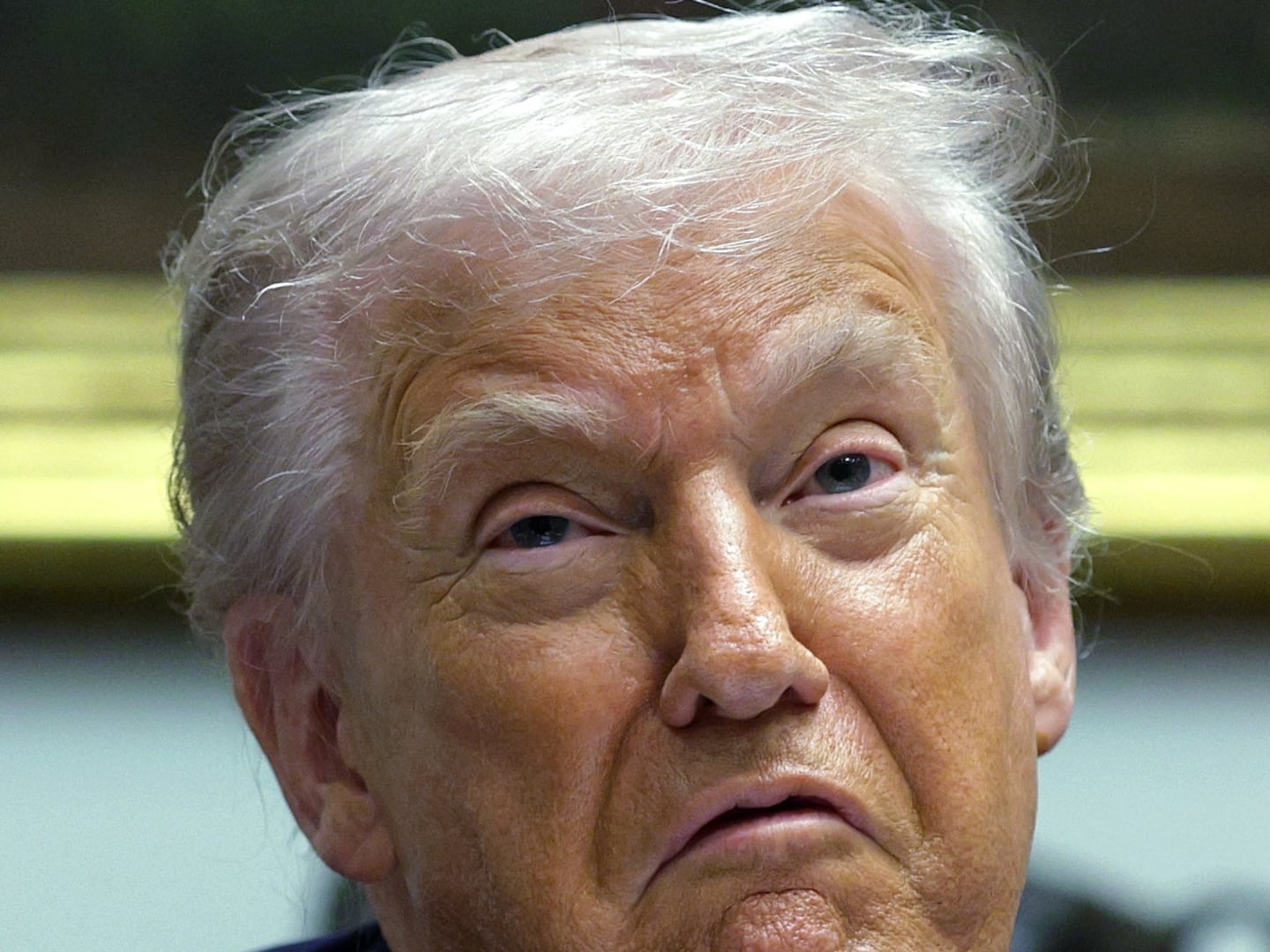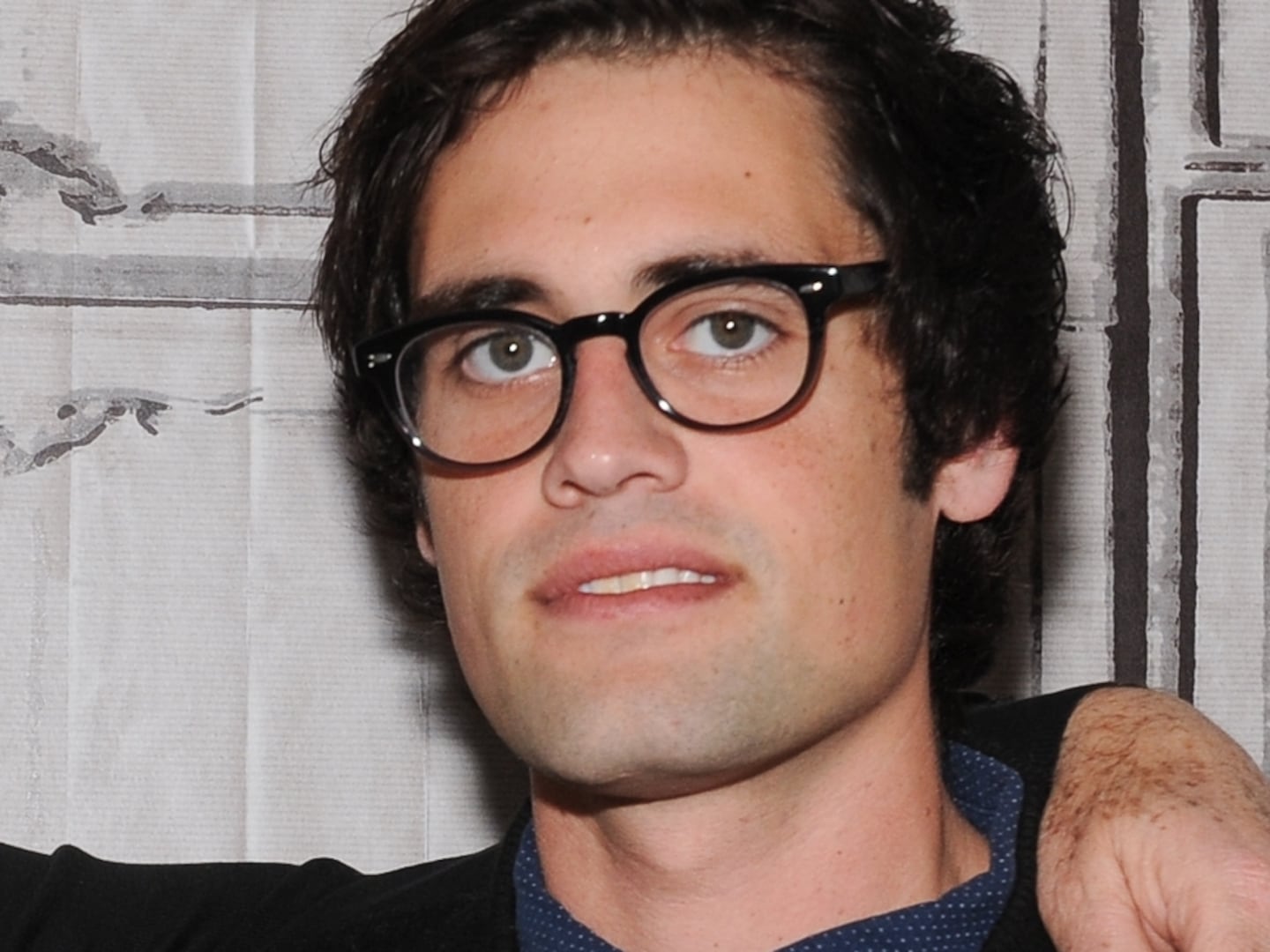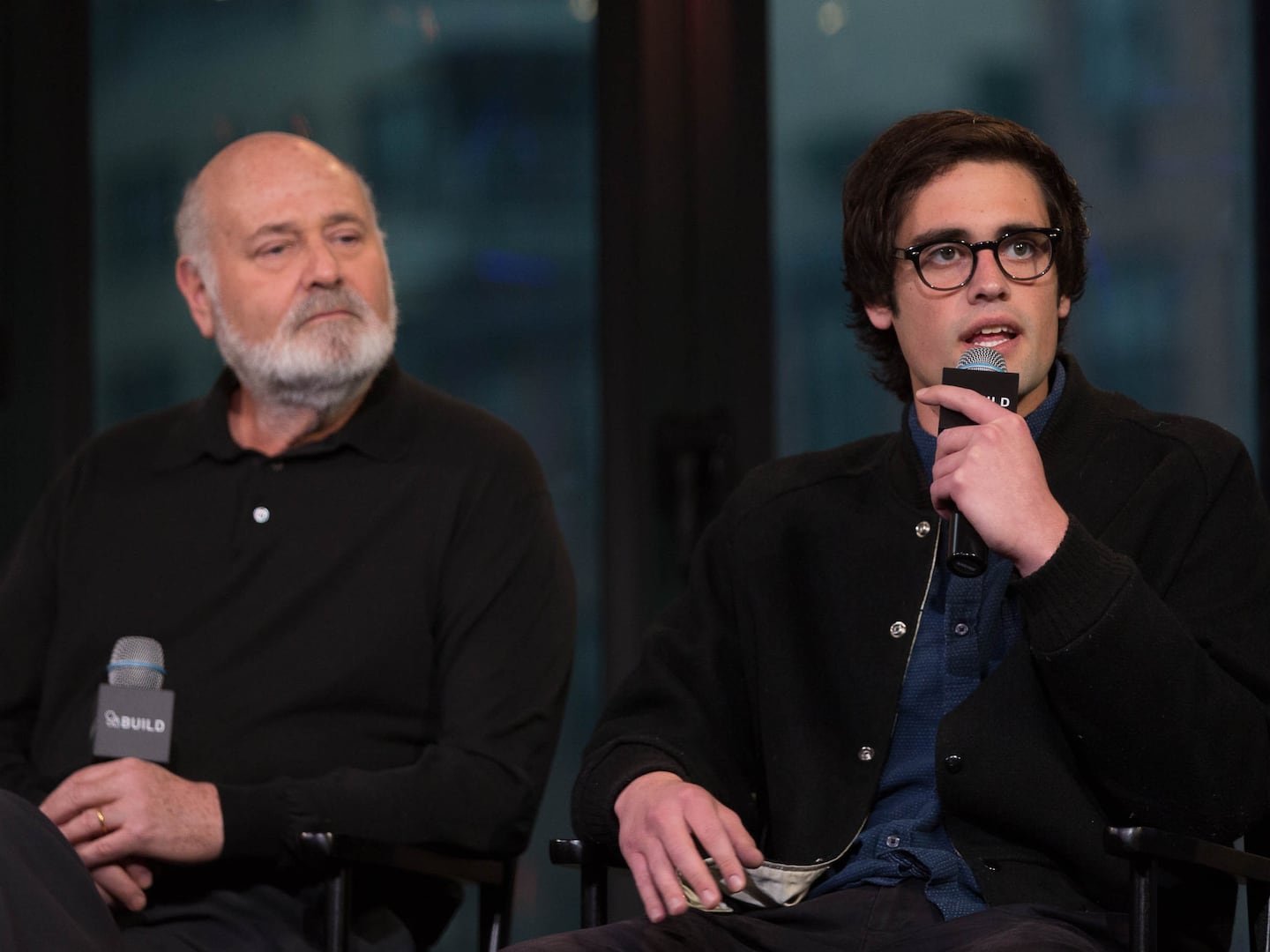MIAMI — By 8 p.m. it was over. Double digits over.
But in reality, Marco Rubio’s night was destined for disaster even as the first results were coming in, just after the sun went down. He was dealt a humiliating defeat by Donald Trump in his home state, after failing to gain any significant traction in the early Republican primary contests.
Quoting the Book of Psalms and the biblical King David, Rubio suspended his campaign in the most unglamorous of circumstances, before a small crowd in an austere setting. He was even heckled during his concession speech. And he had been embarrassed in the Sunshine State, where he had the home-field advantage.
“Do not give into fear. Do not give into frustration,” Rubio urged his supporters, warning that the “politics of resentment” represented by Trump could lead to a “fractured nation… where people literally hate each other because they have different political opinionS.”
The “primary night celebration” became a wake in the cramped atrium of Florida International University’s Arena. Its sterile, white walls and plain setting evoked the look of a hospital lobby. Just a couple dozen supporters showed up when the doors opened at 6 p.m., and ultimately, the crowd greeting him when rUBIO suspended his campaign would be more accurately measured in dozens than in hundreds.
It was a stark contrast to the heady first days of Rubio’s presidential bid.
Eleven months and one day ago, the 43-year-old senator announced a run for the highest office in the land at the Freedom Tower in downtown Miami. With stars projected on the ceiling, and surrounded by elegant Corinthian columns, Rubio said that his campaign was only possible in America, where the son of a bartender and a maid could mount a serious run for president.
That was all before Trump.
Throughout the campaign Rubio waxed eloquently about how success in America was defined by how hard you worked, rather than the pedigree of your parents. He expressed a hopeful vision of how America could lead in the 21st century; and demonstrated that he was the candidate in the Republican primary with the deepest knowledge of national security and foreign affairs issues.
The electorate wasn’t in the mood. It turned out optimism and expertise fell flat in a GOP primary characterized by bombast, insults, and even violence. His role in the Gang of Eight’s comprehensive immigration reform proposal proved to be a heavy anchor around his neck.
But it wasn’t all Rubio’s record and high-minded ideals that sank him.
He never fully recovered from a scathing attack brought by Chris Christie in the final debate before the New Jersey governor dropped out of the race. The always-prepared Rubio was left stammering on stage when Christie mercilessly assailed him for sticking to his talking points with an almost robotic tenacity.
In the days before his home state primary, his super PACs spent wildly, and he sprinted around the state making up for lost time spent campaigning elsewhere across the country.
Rubio began to reflect on how it had all turned so sour. Even as he projected confidence about winning Florida, he acknowledged some of the flaws of his campaign—among them his fateful decision to play on Trump’s turf: attempting to bully the billionaire, insulting the businessman’s small hands, and suggesting he wet his pants.
But it backfired, leaving Rubio expressing regret that he embraced a strategy that did not reflect his Christian faith and disappointed his family.
This failure could be partially attributed to a personal character weakness: A number of former Rubio staffers told The Daily Beast, long before the collapse of the senator’s campaign, that he was a manager who was too accommodating, allowing himself to be led by his staff rather than vice-versa.
“He’s hands off. He lets his staff formulate the plan, and if he likes it, he’ll run with it,” said a former aide. “In terms of… executive leadership, he’s not there yet… he needs more experience.”
Another former staffer said that Rubio lacked the maturity to lead the campaign decisively.
“He needs time, he needs time to grow into these roles, whether in the Senate or [as] governor. The leadership stuff, the being confident and comfortable and dominating—that takes time,” said the second former aide. “If you’re in the Senate for two years or four years, then running for president, it’s very difficult to do that. He has the potential to do amazingly great things—but the more time he spends, either as senator or governor, the better off he’ll be.”
It may be the end of Rubio’s campaign, but it is hardly the end of Rubio’s political aspirations. Some have speculated that he could run for governor in 2018, since Florida Gov. Rick Scott will be term-limited. Even after an embarrassing finish in his home state, the lawmaker is nearly 25 years younger than Hillary Clinton.
On a simple platform in front of his staunchest supporters, Rubio finally admitted: It was over. Gone were the lights and the glamour and the stage that extended out into the audience when he launched his campaign a year ago. Gone were the roaring, cheering crowds he had courted in Iowa and New Hampshire.
“It is not God’s plan for me to be president in 2016,” Rubio said, as he suspended his campaign. “Or maybe ever.”






